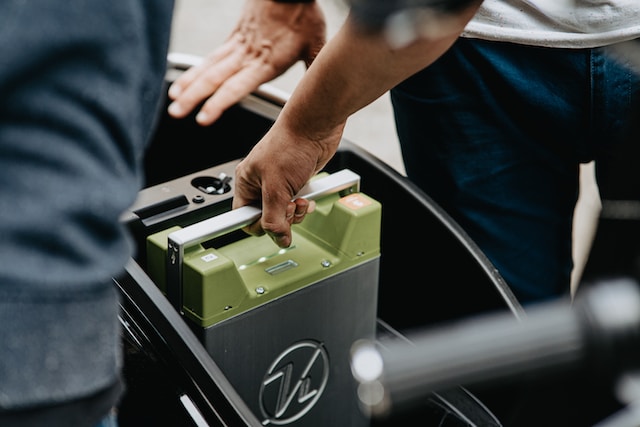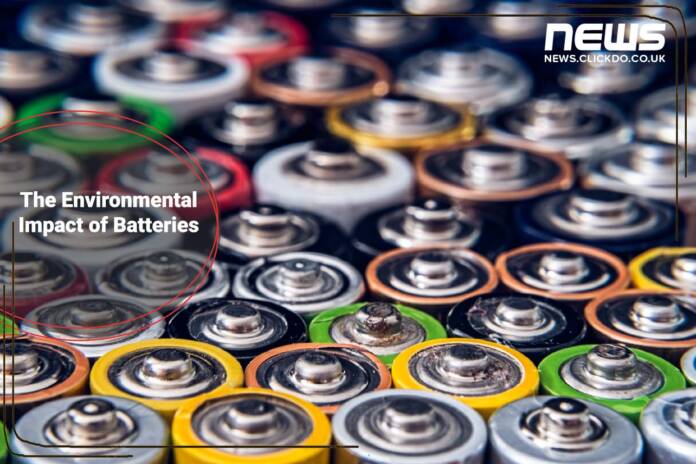Batteries are an essential part of our modern lives, powering everything from our smartphones and laptops to our electric vehicles and smart home devices.
On a smaller scale, batteries work behind the scenes to power up everyday objects you don’t think about.
From your TV remotes to gaming console controllers, batteries are an essential part of our everyday lives.
But while batteries are very convenient for us, they also have a significant impact on the environment.
This is through the mining of raw materials used to manufacture batteries, to the disposal of thousands of single-use batteries every day.
For example, the mining of lithium (a key component in many batteries), can actually lead to water pollution, a detrimental impact on the environment that needs to be brought to awareness.
In this blog post, we will take a closer look at some of the ways that we can reduce the environmental impact that batteries have.
Recycling Batteries

Recycling your batteries is a big way to help reduce the negative environmental impact they have. As many people use single-use batteries, millions of batteries every year end up in landfills, which leak into the ground and cause many detrimental environmental concerns.
As batteries contain several hazardous chemicals, such as lead, mercury, and cadmium, they pose a great risk to the environment if they are not properly recycled. These chemicals can leak into the environment and cause many issues, such as polluting the soil, water, and air.
This is why it’s important to carefully recycle your batteries and reduce e-waste. Find your local battery recycling unit and ensure you follow their instructions on how to dispose of your used batteries safely.
Cutting down on single-use Batteries
Using single-use batteries and not properly recycling results in harm to the environment. Due to the large amount of harmful chemicals in batteries, disposing of them incorrectly can have detrimental consequences to the environment.
Luckily, there’s an easy solution to this problem, as many battery brands now have a rechargeable version.
Rechargeable batteries mean you can get multiple uses out of just one battery, saving you money as well as being great for the environment too. This could even result in a reduction of new single-use batteries being made, meaning mining for materials could be reduced.
Mining for some materials such as lithium is detrimental to the environment, so any reduction in this is positive.
Using plastic-free packaging

There are some battery brands that try to become more sustainable and better for the environment. This includes ensuring they make their packaging plastic-free and recyclable, which can really help make a positive impact.
These companies also try to make sure to use sustainable materials to manufacture their batteries too. This can help reduce pollution amongst other things.
Closing Thoughts
Despite the environmental challenges, batteries are essential for the transition to a clean energy future. By developing more sustainable batteries and recycling batteries whenever possible, we can minimise the environmental impact of batteries and reap the benefits of clean energy. Even batteries of eco-friendly cars will need to be recycled appropriately to ensure that the efforts toward sustainability are as effective as possible.
































